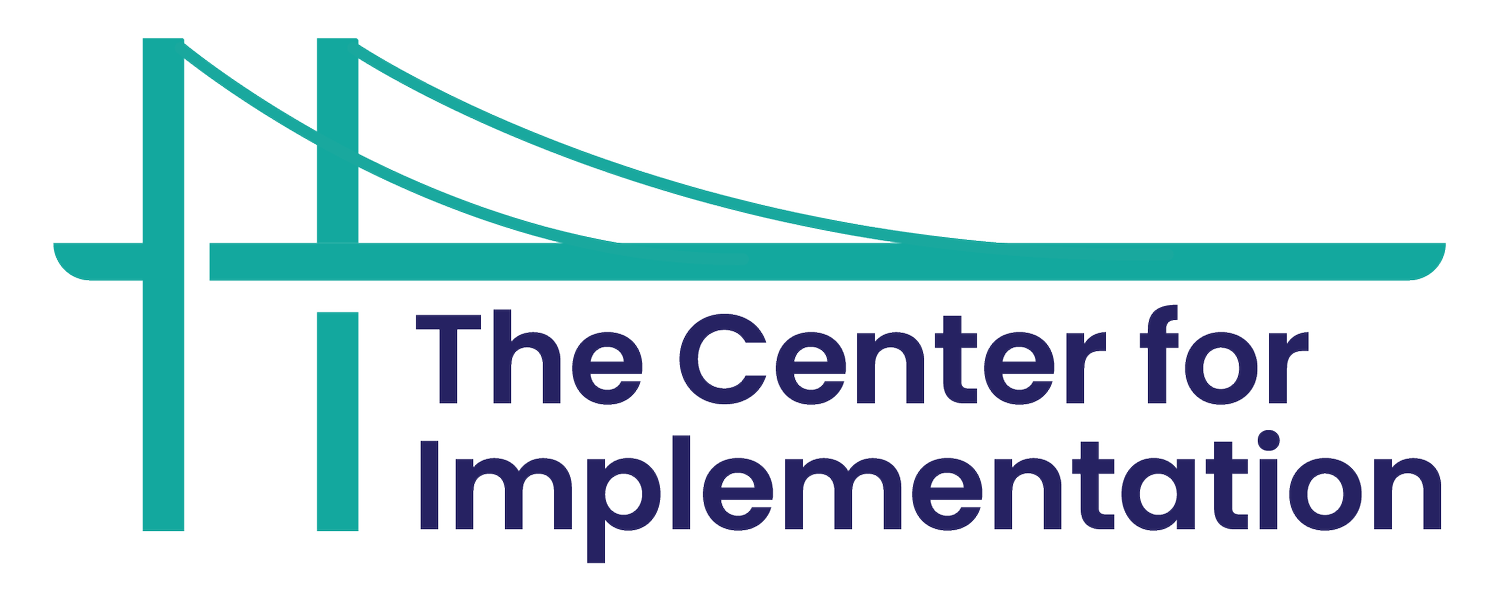Project Spotlight: Cognitive Coaching: How the Neuroscience of Change Can Enhance Implementation Efforts
By Margie Sills-Maerov, Senior Director, Thought Architects, Senior Project Officer, University of Alberta
I am currently working as a Senior Director with Thought Architects – a company that supports HR, improvement and leadership capacity building in medical clinics. I am also with the Division of Lifelong Learning (L3) in the Faculty of Medicine and Dentistry at the University of Alberta as an Education Program Officer. L3 is a continuing medical education "hub" where health professionals and teams are supported in professional development.
In both roles, I need to understand, identify and help deliver ways to enhance the skills an individual requires to be a change agent, and then consider organizational impact – or the “inner climate” (Consolidated Framework for Implementation Research, 2019). Communication, culture, the climate for learning and access to knowledge operate as a polarity: they are at the same time organizational norms, but made up of a series of individual behaviours. These individual behaviours are often called the “soft skills” of leadership and change.
So, what does the “hard science” tell us about the “soft skills?” Change often means that people feel threatened, which impacts not only the individual but also the collective. We know from neuroscience and functional MRIs that when we feel threatened, scared or uncertain our amygdala goes into high gear, shutting down our cerebral cortex and stopping high functioning thinking and performance. No wonder change efforts fail!
There are ways to keep the “amygdala at bay” to get the best out of people. Our language, tonality, choice of words and non-verbal actions all can be adjusted to promote safety and keep the pre-frontal lobe engaged. In the absence of a threat, individuals are more likely to find a way to adopt change. As leaders that means we must invest in the “cognitive capital” of our people to create adaptive and purposeful learning environments (Costa & Garmston, 2016).
About three years ago a colleague pointed me in the direction of Cognitive CoachingSM. Designed in the educational sector, this program teaches highly practical ways to interact with others to facilitate conversations inviting others to share, explore, and deepen their own thinking in a safe environment, and the practical key behaviours needed to do so. We trained over 80 improvement facilitators (IFs) in these skills. What we learned was that helping others process their thinking was the key in creating a safe environment. The IFs learned how to engage with people in ways that aligned with the brain science:
Supporting mirror neuron function with paced conversations to match the thinking of those they were interacting with;
Reducing the level of perceived threat from the amygdala by using artful ways to paraphrase that indicated they were deeply listening and understanding someone; and
Fostering new patterns of thinking with thought-provoking questions as you cannot fix current problems with the same thinking.
Through the coaching tools, the coaches were able to help the coachee identify, name and articulate issues and then strategically re-orient them to a more resourceful state through the questions asked. These ways of communicating created a sense of agency and a higher adoption of change. Ultimately, these different conversations can shift culture towards a “learning organization.”
Both the Division of Lifelong Learning and Thought Architects are offering this training to healthcare leaders, change agents and providers. Both organizations are committed to learning from the experience of participants and the impact it has on healthcare efforts to implement change. You can follow some of the learning and reflections on my blog.
This article was featured in our monthly Implementation in Action bulletin! Want to receive our next issue? Subscribe here.
